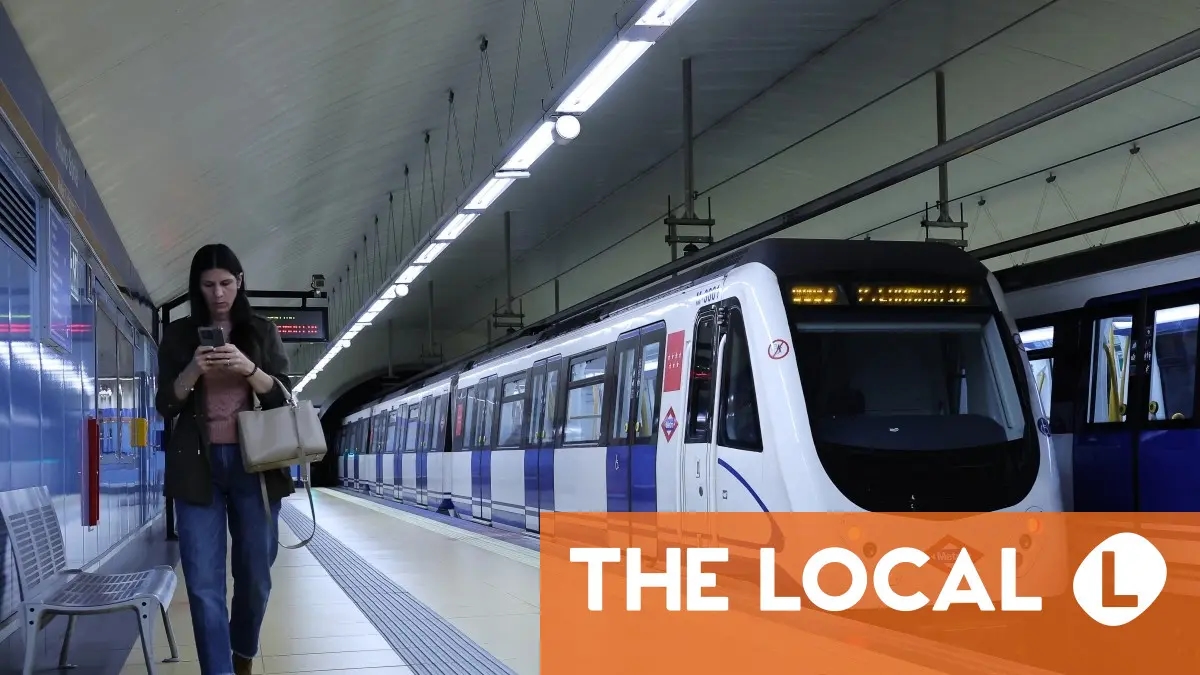Flights, buses and night trains: Six upcoming changes to transport in Spain


The Spanish government has recently approved its new Sustainable Mobility Law, resulting in plenty of changes to transportation, from the elimination of short-haul domestic flights to the reintroduction of night trains.
Spain's Congress last week finally approved the long-awaited Sustainable Mobility Law, legislation that's been greenlighted after almost three years of processing and which must now pass through the Senate before its final publication in the Official State Gazette.
The new law aims to decarbonise transportation, digitalise the transport industry, recognise mobility as a citizen's right, and increase the efficiency of public spending regarding transportation.
Essentially, this will mean new transport rules, from eliminating short-haul domestic flights, to having more electric trains, the reintroduction of night trains and the reorganisation of public transport routes.
Here are six key elements to understand how mobility will change in Spain under the Sustainable Mobility Law.
New emission stickers
The law proposes a review and modification of the current DGT environmental emission stickers. The current classification was approved in 2016 and is no longer applicable to many vehicles.
The new law will have four classifications of labels:
Zero Emissions - for electric, hydrogen or plug-in hybrid vehicles. ECO - for electric vehicles with a range of less than 90 kilometres, conventional hybrids, and gas vehicles that meet Euro 6D or higher standards. C - petrol passenger cars and light vans.
B - for those that comply with Euro 4 in gasoline and Euro 6 diesel.
READ ALSO: The changes to vehicle emission stickers in Spain in 2026
End of short-haul domestic flights
The Ministry of Transport aims to reduce domestic flights on routes where there is an alternative rail journey of less than two and a half hours, except for connections to airports with international routes.
Flight routes that could be affected include flights from Madrid to Málaga, Pamplona, Santiago de Compostela, Granada, A Coruña or Seville.
Critics have pointed out that train tickets are often more expensive than low-cost flights, and that the country's state rail operator Renfe has been facing lots of technical issues recently.
Electromobility
The law will also promote the use of electric vehicles and other transportation.
It aims to establish electric charging points on roads and ultra-rapid electric charging stations. By December 31st, 2029, airports must implement infrastructure that supplies electricity to remotely parked planes. Also, by 2030, ports will have to ensure the supply of electricity to docked ships and vessels.
Urban transport
The law requires cities to promote active mobility such as walking and cycling, as well as the use of public transport and zero-emission vehicles.
It also plans to introduce automated vehicles into the transport system. To do this the government will help finance urban public transport services.
Sustainable mobility plans for workers and citizens
Companies with more than 200 employees will have two years to introduce mandatory sustainable mobility plans.
Municipalities with more than 20,000 inhabitants and fewer than 50,000 will also be given one year to develop a sustainable mobility plan for the next six years.
More investment in buses
The law plan to put measures in place to increase bus occupancy in Spain by 40 percent, which will reduce greenhouse gas emissions by 25 percent.
Local bus routes will be operated by regional governments with state aid. There will also be the new bus concession plans, which will allow for a 20 percent reduction in fare prices. They also aim to reduce travel times between regions.
Night trains
Night trains in Spain were eliminated in 2020, but will be brought back with the new law.
This law was first proposed almost three years ago and almost 30 amendments have been agreed upon since then to get final approval.
However, reports suggest that Spain's national rail operator Renfe isn't planning to resume the nocturnal service unless pushed to, given the low profitability and demand for night trains.
Between 2013 and 2021, Renfe lost €265 million operating domestic night trains.
Please sign up or log in to continue reading
thelocal





